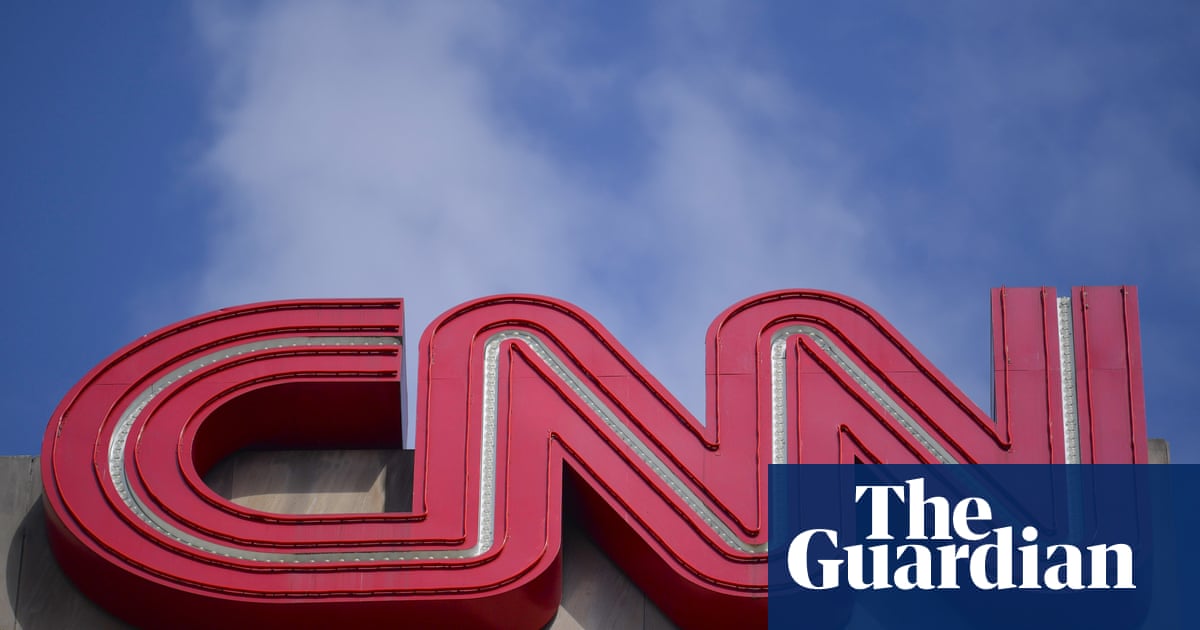- Banned
- #1
SaintForLife
Well-known member
Offline
I figured we needed a thread specifically about the media.
There was a very big correction recently by the Washington Post.
That story was supposedly "independently confirmed" by CNN, NBC News, USA Today, ABC News, & PBS News Hour. How could they all have gotten the quote wrong if they actually independently confirmed the story?
Why do all the errors always go in one political direction and not closer to 50/50?
There was a very big correction recently by the Washington Post.
That story was supposedly "independently confirmed" by CNN, NBC News, USA Today, ABC News, & PBS News Hour. How could they all have gotten the quote wrong if they actually independently confirmed the story?
Why do all the errors always go in one political direction and not closer to 50/50?

